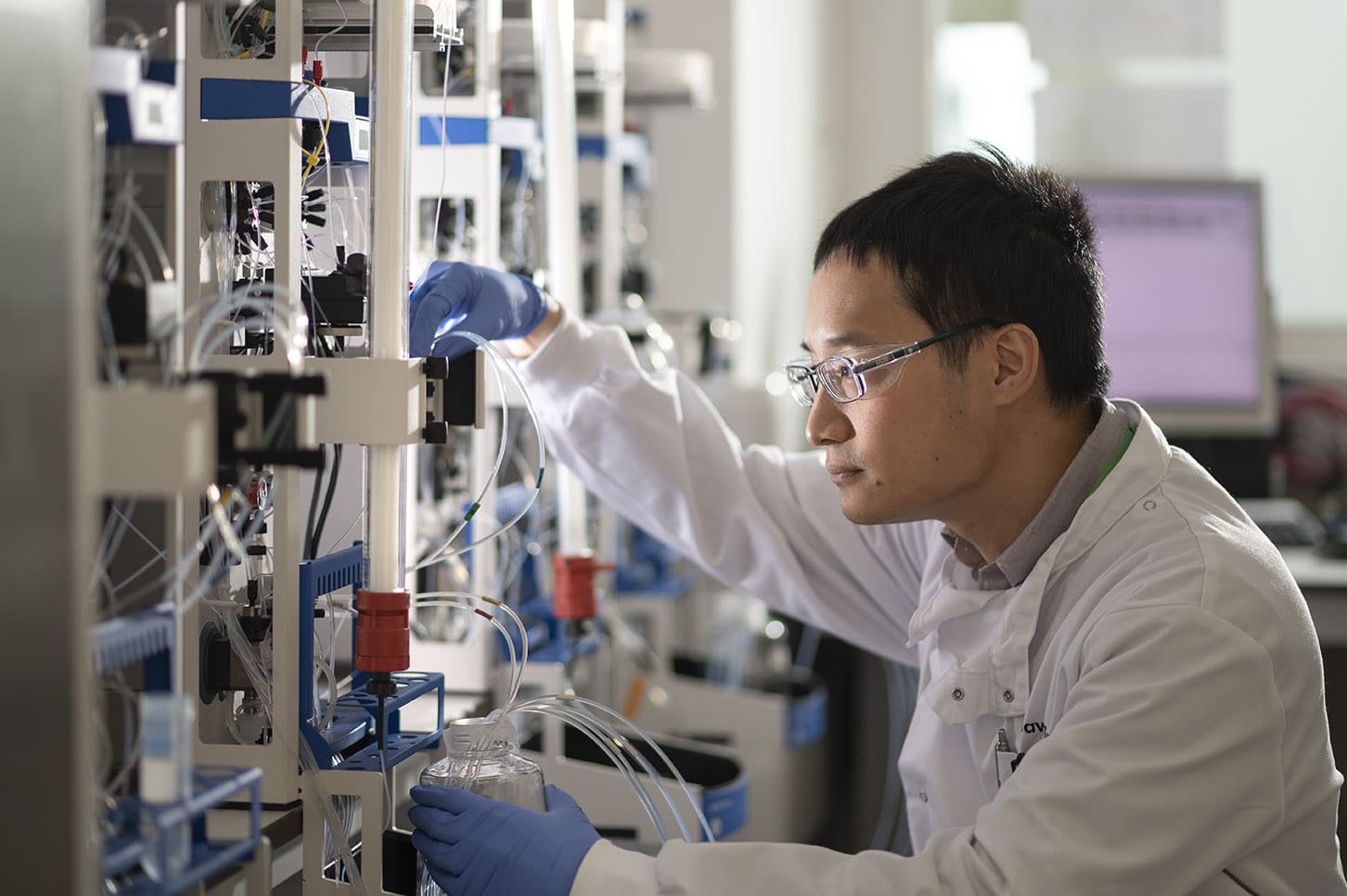Cytokine IL-16 implicated in inflammation and Ischaemic Reperfusion Injury
London, UK, 10 October 2013: MRC Technology, a technology transfer organisation, announced today it is collaborating with Boston University to develop an anti-IL-16 antibody for use in treatment of inflammatory diseases and Ischaemic Reperfusion Injury (IRI). The project is funded in part through a Biomedical Catalyst award of £577,000, granted to MRC Technology in 2012.
The antibody has potential in a range of inflammatory diseases, such as Crohn’s Disease, Lupus, asthma, as well as in IRI. IRI is the tissue damage and ensuing inflammatory response resulting from a sudden loss of blood flow, such as may occur during surgery or as a result of a blood clot. This can result in poor clinical outcomes and extended hospital stays for patients, and a large healthcare burden.
The antibody was developed by Boston University and humanized by MRC Technology. The MRC Technology team will now perform further engineering, as well as detailed x-ray structural analysis to understand more about the functionality of IL-16. Boston University will test and validate the antibody both in vivo and in vitro.
Professor Justin Bryans, Director of Drug Discovery at MRC Technology said: “The general anti-inflammatory field is a large market, and IL-16 has the potential to cover a broad range of indications. We are very pleased that Boston University chose to work with MRC Technology.”
“MRC Technology has been very supportive and a real pleasure to work with. The group’s scientists were able to humanize the antibody very efficiently, and we are in the process of characterizing its efficacy in vitro and in vivo.” Commented Bill Cruikshank, Professor of Medicine at Boston University. “We look forward to collaborating further on this project.”



